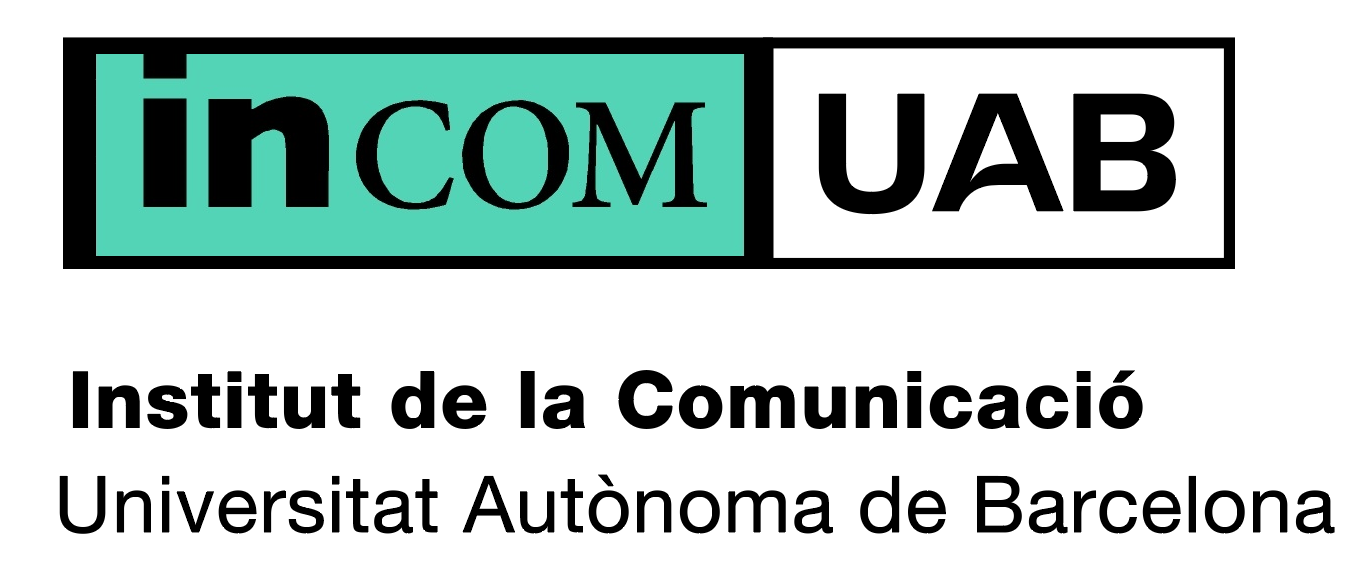Luiz Peres Neto, Profesor Serra Hunter en el Departamento de Periodismo y Ciencias de la Comunicación de la UAB y miembro de nuestro centro de investigación, acaba de publicar el artículo «Journalist-Twitterers as Political Influencers in Brazil: Narratives and Disputes Towards a New Intermediary Model» en el volumen 10, número 3 (2022) de la revista Media and Communication. El tema de esta edición es: Journalism, Activism, and Social Media: Exploring the Shifts in Journalistic Roles, Performance, and Interconnectedness. Se trata de una publicación ubicada en Q1, en el área de la Comunicación (SJR 2021).
Keywords: Brazil; freedom of the press; influencers; Jair Bolsonaro; journalists
Disponible en el ddd UAB: https://ddd.uab.cat/record/264663?ln=ca

